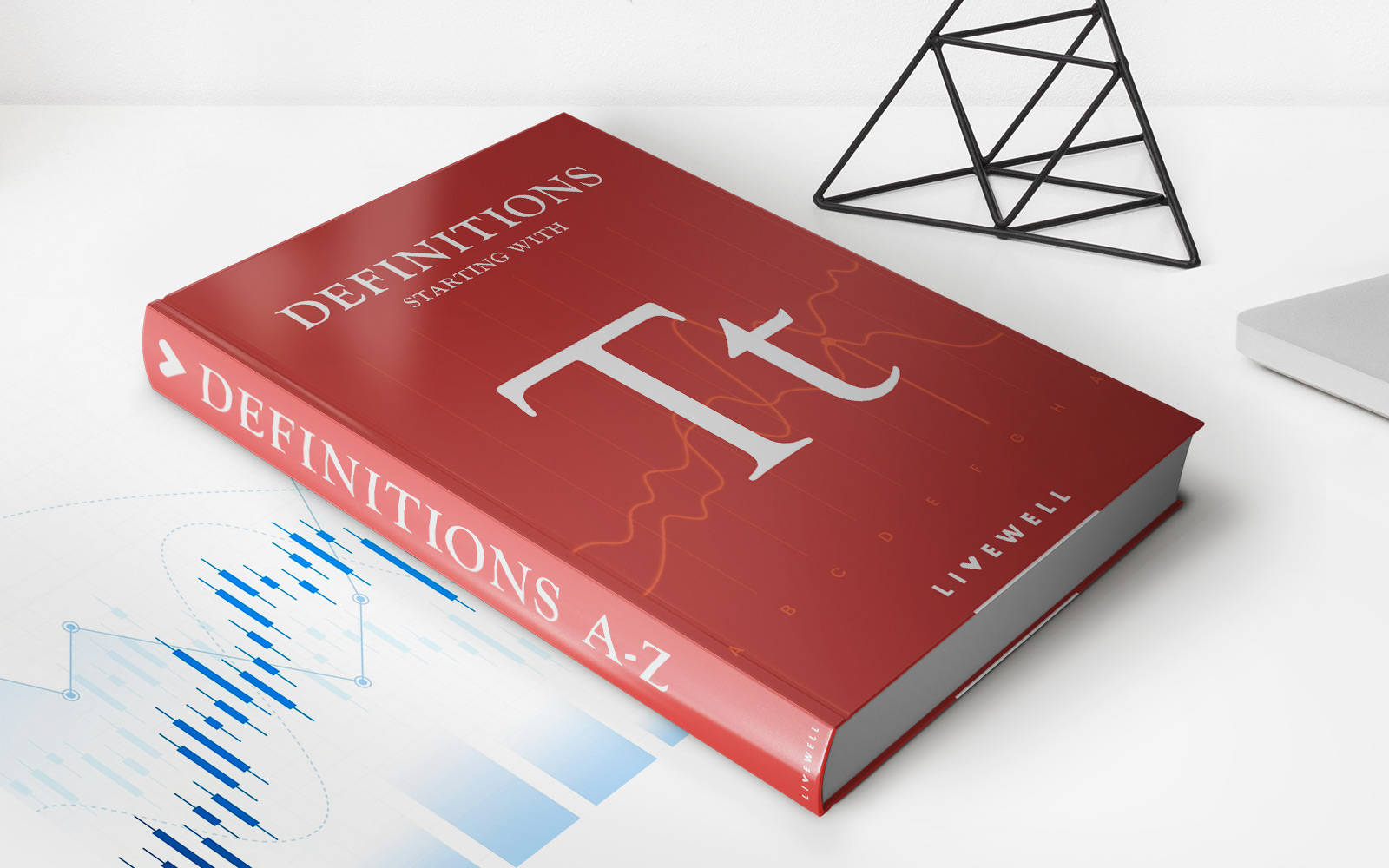Home>Finance>Commodity Trading Advisor (CTA) Definition, Requirements


Finance
Commodity Trading Advisor (CTA) Definition, Requirements
Published: October 30, 2023
Discover the definition and requirements of a Commodity Trading Advisor (CTA) in the field of finance. Start your journey in commodity trading with our comprehensive guide.
(Many of the links in this article redirect to a specific reviewed product. Your purchase of these products through affiliate links helps to generate commission for LiveWell, at no extra cost. Learn more)
Commodity Trading Advisor (CTA) Definition, Requirements: A Comprehensive Overview
Are you interested in diving into the world of finance? If so, then learning about Commodity Trading Advisors (CTAs) should be on the top of your list. In this blog post, we will provide a comprehensive overview of CTAs, including their definition, requirements, and why they are an essential part of the finance industry. So, let’s get started!
Key Takeaways:
- A Commodity Trading Advisor (CTA) is a financial professional who offers advice and services to individuals or institutional clients on trading and investing in various commodities.
- CTAs are registered with regulatory authorities like the Commodity Futures Trading Commission (CFTC) in the United States, and they must meet specific requirements and adhere to strict regulations.
What is a Commodity Trading Advisor (CTA)?
A Commodity Trading Advisor (CTA) is an individual or firm that provides advice on trading and investing in commodities. Commodities refer to raw materials or primary agricultural products such as oil, gold, natural gas, grains, and livestock, among others. CTAs work closely with their clients to develop trading strategies, manage risk, and make informed decisions in the commodities markets.
Nowadays, CTAs play a crucial role in the finance industry as investors seek diversified portfolios and exposure to non-traditional assets. They offer their expertise in navigating the complex and ever-changing commodities markets to help clients achieve their financial goals.
Requirements for Commodity Trading Advisors
To become a Commodity Trading Advisor, individuals or firms must meet specific requirements and comply with various regulatory bodies. This ensures the highest level of professionalism and protects investors from fraudulent activities. The main requirements for CTAs include:
- Registration: CTAs must register with the appropriate regulatory authorities in their respective jurisdictions. In the United States, this is the Commodity Futures Trading Commission (CFTC). Registration involves submitting detailed information about the CTA’s business operations, including any disciplinary history and financial disclosures.
- Credentials and Qualifications: CTAs need to possess the necessary credentials and qualifications to operate in the industry. This may include relevant degrees, professional certifications, and years of experience in the field of commodities trading and investing.
- Risk Disclosure and Compliance: CTAs are required to provide clients with detailed risk disclosures, outlining the potential risks associated with trading commodities. Additionally, they must comply with various regulations, such as record-keeping, reporting, and ethical conduct guidelines.
By adhering to these requirements, CTAs demonstrate their commitment to professionalism and ethical conduct in the finance industry, ultimately protecting the interests of their clients.
The Importance of Commodity Trading Advisors
Commodity Trading Advisors play a vital role in the finance industry for several reasons:
- Expert Advice: CTAs offer expert advice and guidance on commodities trading, providing clients with valuable insights into the markets and helping them make informed investment decisions.
- Diversification: Investing in commodities can provide diversification benefits, reducing overall portfolio risk. CTAs assist clients in incorporating commodities into their investment strategies to achieve a well-balanced and diversified portfolio.
- Risk Management: CTAs specialize in managing risk associated with commodities trading. They employ sophisticated strategies to mitigate risk and protect investors’ capital.
- Market Expertise: CTAs possess in-depth knowledge and understanding of the commodities markets, including supply and demand dynamics, global economic factors, and geopolitical events that impact commodity prices. This expertise enables them to navigate the complexities of the market and maximize returns for their clients.
Overall, Commodity Trading Advisors serve as trusted partners for investors seeking exposure to commodities and require expert guidance in navigating the markets.
In conclusion, Commodity Trading Advisors (CTAs) play a significant role in the finance industry by providing expert advice, diversification opportunities, risk management, and specialized market expertise. To ensure the highest level of professionalism and consumer protection, CTAs must meet specific requirements and comply with regulatory bodies. So, if you’re looking to explore the world of commodities trading, having a knowledgeable CTA by your side can make all the difference.














